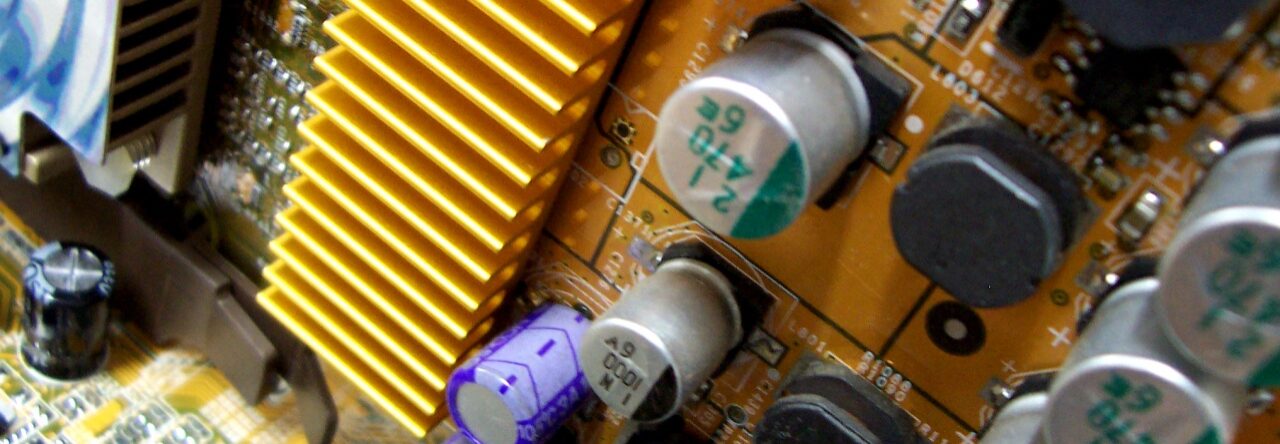How do you build a website? For most developers, there were only two options to choose from. You create a website by hand coding every single page in HTML, CSS and JavaScript. Or you use a content management system like WordPress. Now, you have a third option. You can use a static site generator.

What is a static site generator?
Static websites don’t require a database. Each page displays images, videos and text. They don’t pull information from a database when you go to the page or do something on the page. You can build a static website using a text editor. A static site generator helps you to build a website quickly. It creates all of the html code for each web page. A generator lets you focus on the important part, the content, not the structure of a web page. One of the popular generators, Jekyll, lets you create websites and blogs.
Why would you want to use a static site generator?
- Pages built in HTML load faster. They don’t have to make calls to a database in order to display a page.
- You can control how the website looks. When you use a Content Management System (CMS), you must build your website the way the CMS wants.
- Your website is too small for a CMS. For some projects, a CMS can be overkill. You wanted a site with 5 pages that lets people know about your business. A CMS has features that aren’t needed by this website.
- CMS’s require continual maintenance. Your CMS may make changes to improve functionality and security. Any themes or plugins that you use may have additional updates that will need to be monitored and updated as needed.
- Better Security. A CMS has a database, a login and other code that opens the site for attack. This can make it harder to find problems. You may have to start over by deleting everything including the database. With a static site, attackers have little or no opportunities to damage your site. They would need to gain access to your web host to damage your pages or upload malware. When that happens, you can change your password, delete the site and re-upload it again.
Why you should use a CMS instead of a static site generator?
- Your website has a large number of pages to maintain. A CMS makes updating and changing a website quick and easy.
- No administration. You have to know markup and generator tools in order to make a simple change.
- Limited themes or other resources available. If you want to do something like moderate comments, you have a limited number of options. With a CMS, you can choose from readily available plugins or themes to do what you need.
- Your client wants to update their website themselves. Static site generators currently lack an administration interface to make this easy.
- You can’t decide which static site generator to use. With a CMS, you choose one of the popular ones: WordPress, Drupal, Joomla or Kentico. Static Site Generators come in many different flavors. You have to decide what programming language it is written, what kind of website you are creating and more in order to narrow you selection down.
How do I choose a static site generator?
You’ve decided that a static site generator is a good solution for your project. With many static site generators to choose from, which one do you chose? First, Use staticgen.com to review the Top Open-Source Static Site Generators. It allows you to sort by languages, stars, issues, forks and name.
Then, ask yourself the following questions to narrow your choices down:
- What type of site are you going to make? Some static site generators work better for a blog.
- What programming languages are you familiar with? You can choose from JavaScript, Ruby, Python, Go, PHP and more.
- What templates does it use? Liquid, EJS, or Jade.
- What type of license? MIT, BSD, or APL 2.0
- How many people use this generator? The more popular it is, the more likely you can get help when you need it.
Summary
Is your next web project going to be built with a static site generator? A static site generator can help build a fast and functional website without the extras that a CMS needs. Static Site Generators as well as CMS’s have strengths and weaknesses that affect the design of your website. As with any web project, the type of tools you choose should work with the content you intend to put on the website and not against it.
